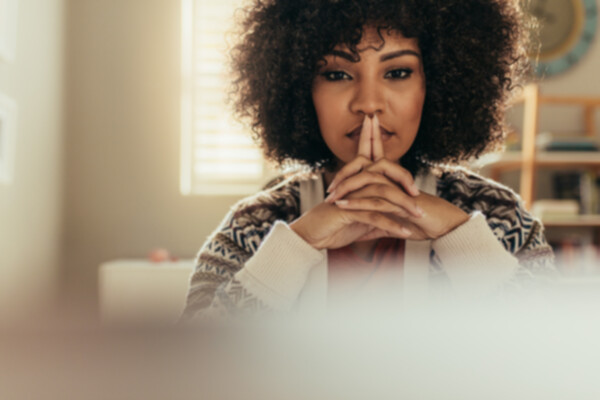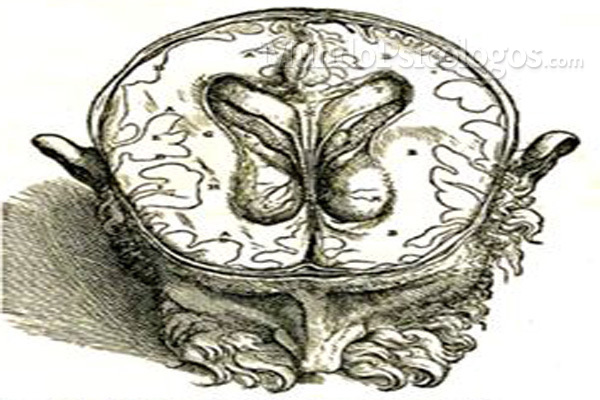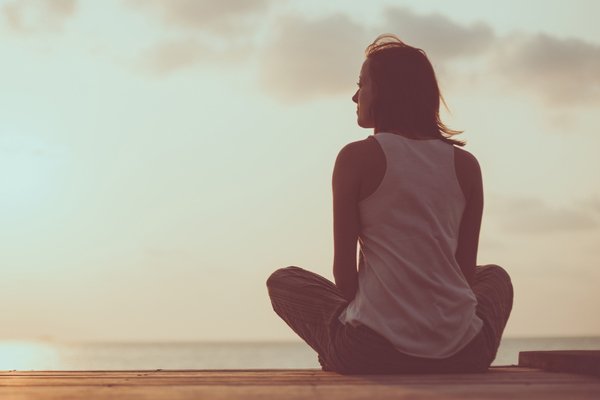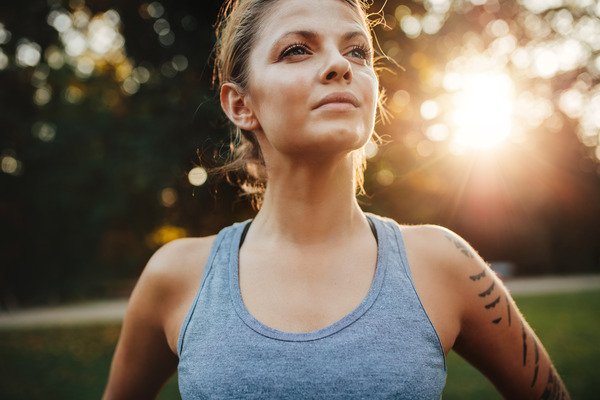What is the key to knowing ourselves better? What can we do to achieve greater self-knowledge? Discover the best exercises for your introspection.
When you want to learn something, where do you start? Before starting any type of process, whether therapeutic, coaching or personal development, you need to know where you are starting from and what you have. Success or failure will be partly determined by the knowledge you have of the initial starting situation, the circumstances that surround you, the resources you have and the knowledge acquired by previous proposed solutions that did not give good results. And this is already a lot to know, you don’t always do this analysis yourself. So how do you have a higher self-knowledge?
What is the key to good dynamics in self-knowledge?
Many ideas, projects, desires for change just begin without being aware of where self-sabotage comes from and we give up, thus generating a feeling of frustration that we accumulate at the expense of our self-esteem and motivation. Have you ever found yourself in this situation?
At some point, we all stop and abandon projects or change processes without stopping to think and find out where the failure was. It takes time, desire and a lot of self-analysis to know where you got lost before starting anything. A moment to stop and think beyond the results obtained and delve into who was pulling the strings in the theater… In this way, there are a series of self-knowledge dynamics that will help you focus better on you:
- Analyze your patterns: How much time do you spend deeply observing the way you act and react to certain situations? What thought patterns or emotional registers do you manage when you have to face complex or uncomfortable situations? If you don’t stop to know who you are and how you act, who do you embark on and place all your trust with at the beginning of any journey? You can’t count on yourself if you don’t know who you’re going to meet at key moments, don’t you think? In day-to-day life there is hardly that space for self-observation nor the guide to ask yourself the pertinent questions with the intention of dislocating your mind and thus removing it from its zone of power and control in which it is submerged daily with all the answers. diplomatically correct about who you are and what to do without any risk.
- Look at yourself from another perspective: If you have courage and want to know who is behind everything you do, enter the space of silence that makes it easier for you to stop and observe from a distance to see yourself clearly. How else do you increase vision about what you can’t see? By expanding it you will be able to make decisions for change and start moving in the desired direction with new arguments different from the usual ones, knowing that it drives and motivates you on a daily basis.
- Be consistent: There is nothing you can achieve by training if you don’t first start at the beginning and train yourself. It is only a matter of time before something or someone confronts you phase by phase to be able to move forward as part of the learning process of any situation in any field.
- Have your space: You just need a space where the only important thing is to observe yourself to know yourself in depth. And this is what I work on at the beginning of any change process, at a psychological, emotional or skill development level, generating with you that space of trust and silence necessary to guide you towards self-observation and so that you can know a little more about yourself. who are you. From there you can get closer and closer to what you really need to feel better, which is not always what you think you know.
You will gain many benefits by developing and knowing your abilities and strengths, greater confidence and self-esteem that will make you take more risks, new challenges and, above all, enjoy all of it much more. But what’s really important is the space you give yourself to come into your own and train yourself for life before it catches you off guard.

Exercises for self-knowledge
In addition to taking these dynamics into account, there are some exercises that can help you improve your self-knowledge:
- Find the three whys: Before making any decision in your daily life, try to ask yourself “why?” You should ask yourself this question three times to find three good reasons to pursue something. This way, you will have more clarity and confidence in your decisions.
- Expand your emotional vocabulary: Emotions can be very complex. Knowing how to identify them and put a label on them will help you control them better, as well as get to know yourself better.
- Break with your visceral reactions: A person without a good self-knowledge It operates on autopilot and responds with instinctive reactions. Self-awareness allows you to evaluate situations more objectively and rationally, thereby helping you act without bias. If you feel frustrated or have too many emotions, try taking a deep breath and give yourself time to evaluate your response.
- Become aware of your defects: Nobody is perfect. But, for self-knowledge, it is important to know how to be aware of our defects, as well as accept the responsibility they entail. Instead of making excuses for these mistakes, try to recognize and accept them.
- Pay attention to your internal dialogue: The way we talk to ourselves greatly influences how we are and our thoughts. Paying attention to how we talk to ourselves will allow us to help us know more about ourselves.
- Practice self-assessment and reflection: Keeping a diary about your daily life can also be a good introspection exercise Especially if in this writing we focus on the positive and negative of our daily lives and how to improve.
- Meditate: Meditation is one of the main keys to improve our self-knowledge In fact, becoming aware of our breathing will help us focus on a crucial internal process that determines much more than we usually imagine.
These are some of the keys to achieving a greater self-knowledge Knowing more about ourselves should be one of our top priorities.









